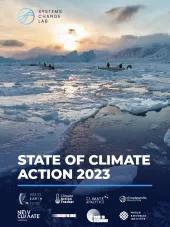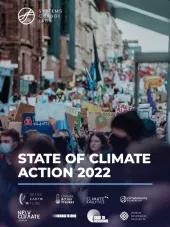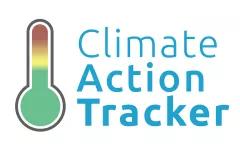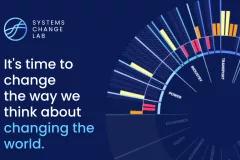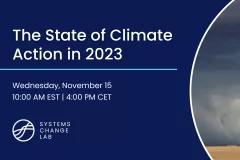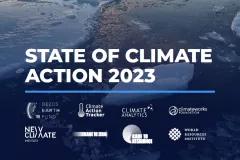Combatting the climate crisis requires us to rapidly transform the systems that propel our economy, including power generation, buildings, industry, transport, land use, and agriculture—as well as the immediate scale-up of technological carbon removal. But by how much? And how can decision-makers unlock the transformational change that is required? The State of Climate Action 2021 identifies 40 indicators across key sectors that must transform to address the climate crisis, and assesses how current trends will impact how much work remains to be done by 2030 and 2050 to deliver a zero-carbon world in time. It also outlines the required shifts in supportive policies, innovations, strong institutions, leadership and social norms to unlock change.
Key Findings:
The encouraging news is that we are seeing a number of bright spots in climate change mitigation. For example, wind and solar power have experienced exponential growth over the past two decades, and sales of electric vehicles have also increased rapidly since 2015. Time and time again, the exponential growth of such innovations have outpaced analysts’ projections. But these changes didn’t come out of nowhere. They were nurtured—by supportive policy and regulatory environments, by investments, by leadership that came together to improve technologies, reduce costs and ramp up adoption, creating economies of scale in which change becomes, we hope, inevitable and unstoppable.
At the same time, for many other transformations, action is incremental at best, and headed in the wrong direction altogether at worst. In fact, none of the 40 indicators this report assesses are on track to reach our 2030 targets. For instance, to meet targets that align with limiting warming to 1.5 degrees Celsius the world must—among other actions—phase out unabated coal electricity generation five times faster than current trends, accelerate the increase of annual gross tree cover gain three times faster and boost crop productivity nearly two times faster. 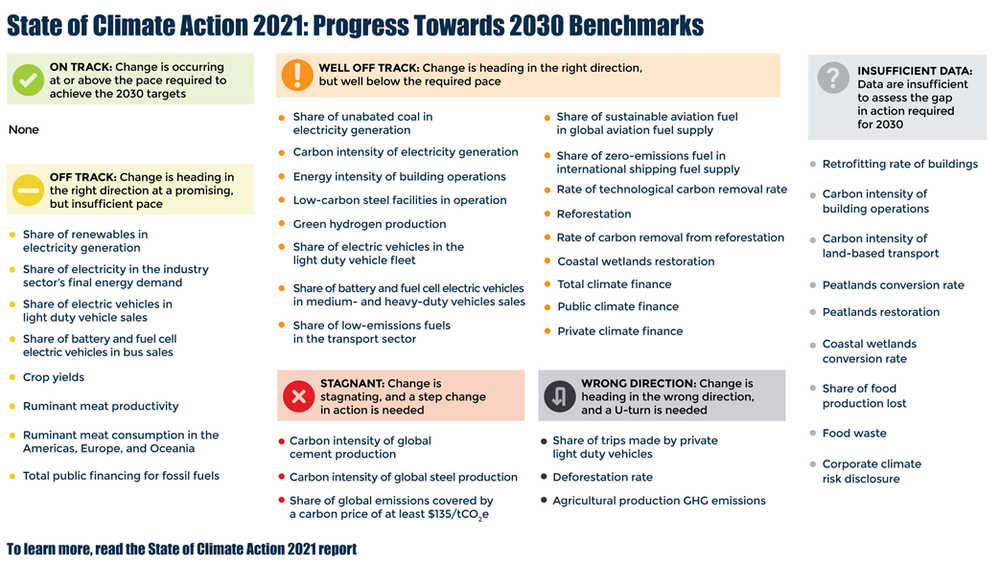
This report is cross-posted on the WRI and Climate Action Tracker websites.




